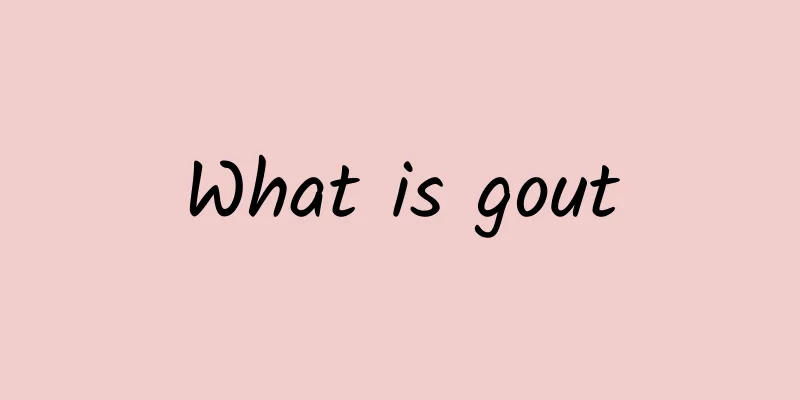What is gout

|
Gout is a recurrent inflammatory disease caused by purine anabolism in the joints. It is also common in daily life. It mainly causes hyperuricemia, indirect nephritis and functional disorders of joint deformities. It is mainly caused by primary and secondary symptoms. The main signs are joint pain, which often occurs in minor injuries or overeating. Some key points that occur after the impact of related diseases. The main treatment is to remove some gout joint systems that affect functional activities. Dietary health care is also very important, including adjusting the dietary structure, prohibiting smoking and drinking, and reducing weight. Gout is a recurrent inflammatory disease caused by increased purine biosynthesis and metabolism, excessive uric acid production or poor uric acid excretion leading to increased uric acid in the blood, and deposition of urate crystals in the synovium, bursa, cartilage and other tissues of the joints. It is a group of heterogeneous diseases caused by the supersaturation of monosodium urate (MSU) crystals or uric acid in the extracellular fluid, resulting in the deposition of crystals in tissues. This disease is characterized by the presence of birefringent sodium urate monohydrate crystals in joint fluid and tophi. Its clinical features are: characteristic acute arthritis, tophi, and interstitial nephritis caused by hyperuricemia and urate crystals and deposition. In severe cases, joint deformities and dysfunctions may occur, often accompanied by uric acid urinary stones. The causes are divided into two categories: primary and secondary. Acute onset of joint pain is a typical symptom of acute gout. The disease often occurs after minor injuries, overeating or related diseases, and is particularly prone to occur in the distal joints of the limbs. Typical symptoms occur in the toes (foot gout). Urate stones can also cause renal colic. Chronic gout is characterized by destructive joint changes. Skin symptoms: In about half of cases, urate is deposited under the skin. These nodules are called gouty nodules or tophi. Gout stones often appear as white or pearly nodules (gout pearls) and occur on free curved skin edges (such as the auricle). Other characteristic symptoms of tophi are white or yellow nodules on the finger (toe) joints. Urate deposits in the skin. Round stones may be visible through thinning skin, and they may rupture. Gout nodules near joints tend to occur in groups or fuse. Tophi occur after an acute attack and are painless. If the skin is broken, a white lime-like substance may be released. Microscopic examination shows a carcinogenic mixture of bundles of needle-like substances, which are identified as sodium urate. The above is an introduction to gout. The treatment of gout and the prevention and treatment of cardiovascular and cerebrovascular complications are also very important. Dietary health care is also very important, including adjusting the dietary structure, prohibiting smoking and drinking, and reducing weight. Therefore, patients who find gout in daily life must receive timely treatment or examination. |
>>: Small pimples on the back of the neck
Recommend
Symptoms of autumn diarrhea in infants
Every autumn, many patients with diarrhea gather ...
Ways to reduce morning sickness
Morning sickness occurs because as the baby grows...
What should I do if my baby has a rash due to drug allergy?
The health of babies is very fragile, and they ca...
What to drink to relieve heat
According to TCM theory, getting "hot" ...
What is the best medicine for tracheitis?
After tracheitis, you must use some anti-inflamma...
Is the day before my period a safe period?
For married women, it is important to understand ...
What are the symptoms of rheumatoid arthritis treated by traditional Chinese medicine?
Rheumatoid arthritis is a very common disease tha...
What medicine is used for anal wetness and itching
Many people always feel that the area around thei...
How to eliminate styes in pregnant women?
During pregnancy, women should pay special attent...
How to treat tongue pain
In our daily life, if we get angry or accidentall...
Can I drink Astragalus water if I have heavy dampness?
In traditional Chinese medicine, dampness is a di...
Can moxibustion nourish the kidneys?
When it comes to kidney-tonifying belts, one imme...
Partial calcification of the cervical nuchal ligament
There are ligaments distributed around important ...
Symptoms of functional dyspepsia
Functional dyspepsia is what we often call indige...
Traditional Chinese medicine health care emphasizes 7 "timely" principles to stay healthy throughout life
Chinese medicine has always been extensive and pr...









